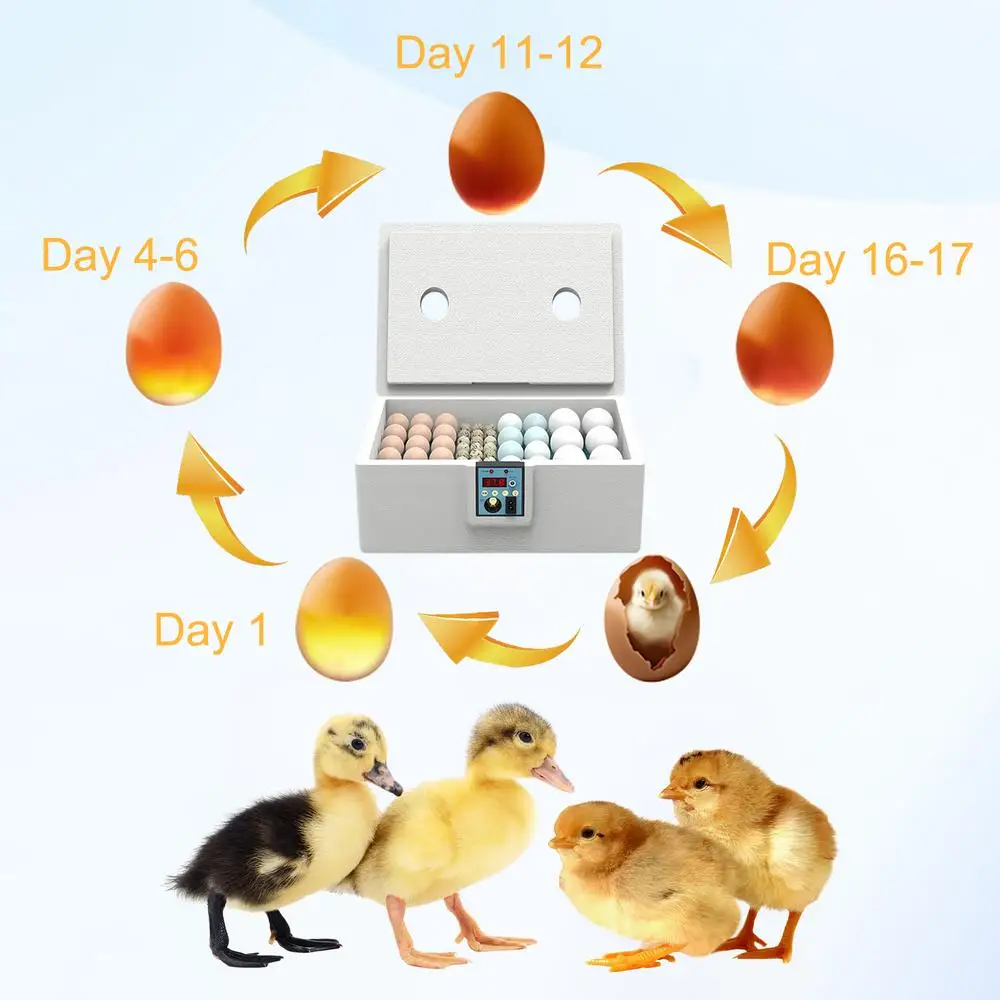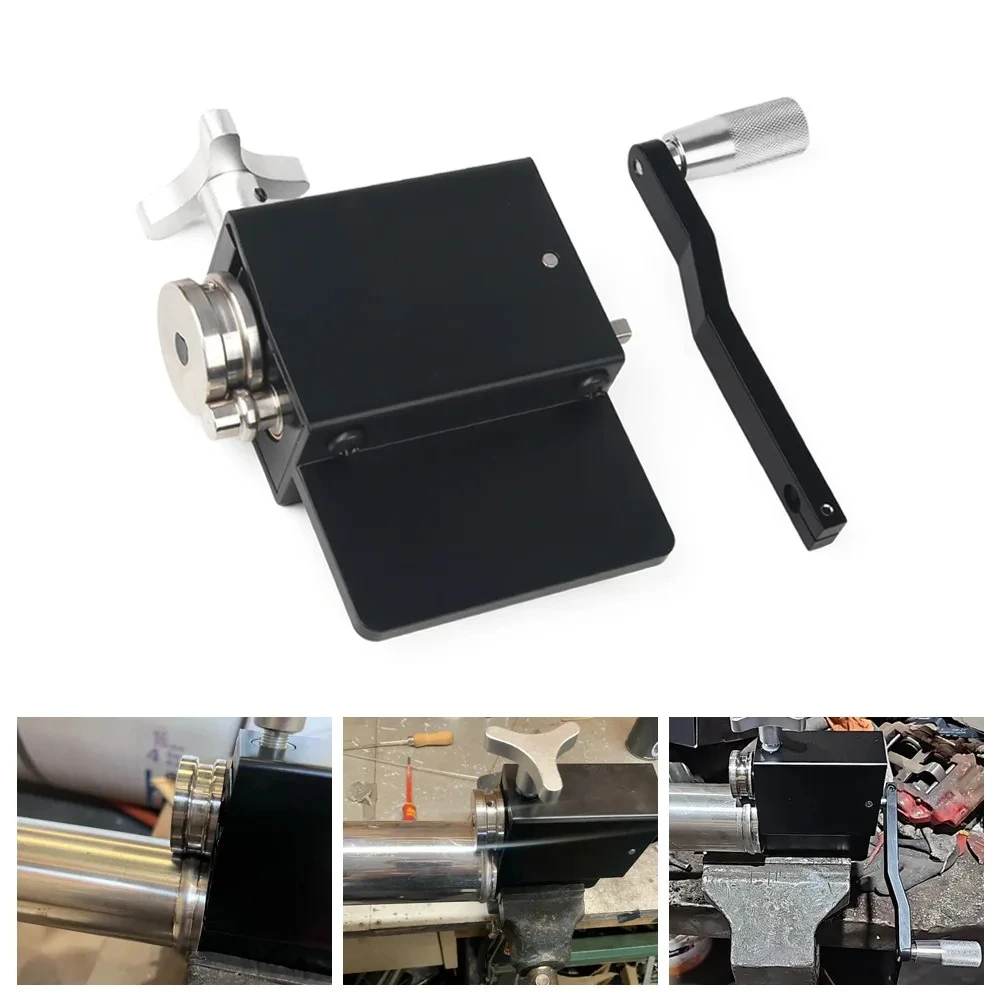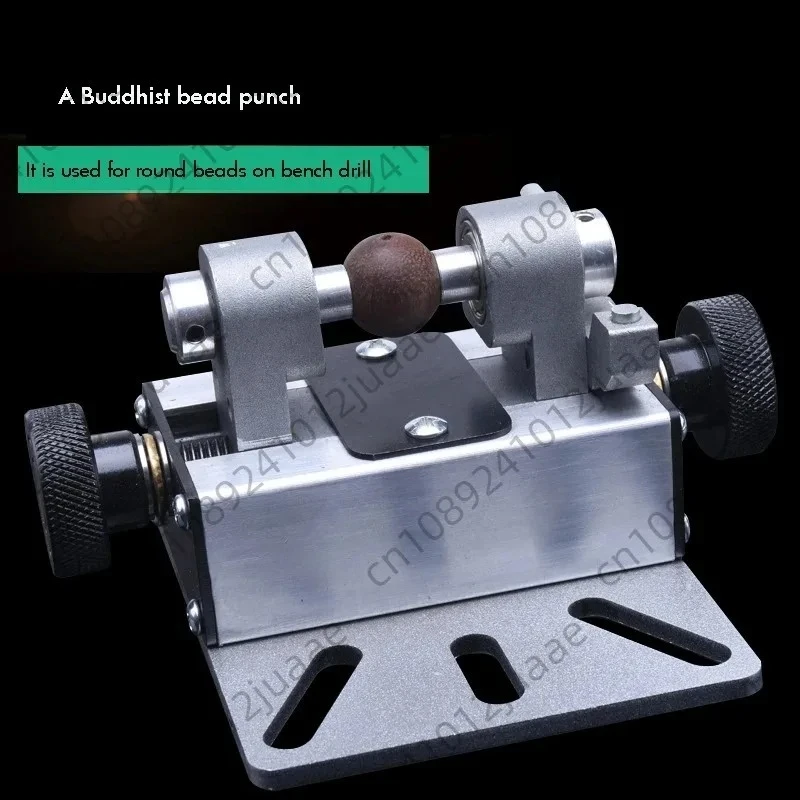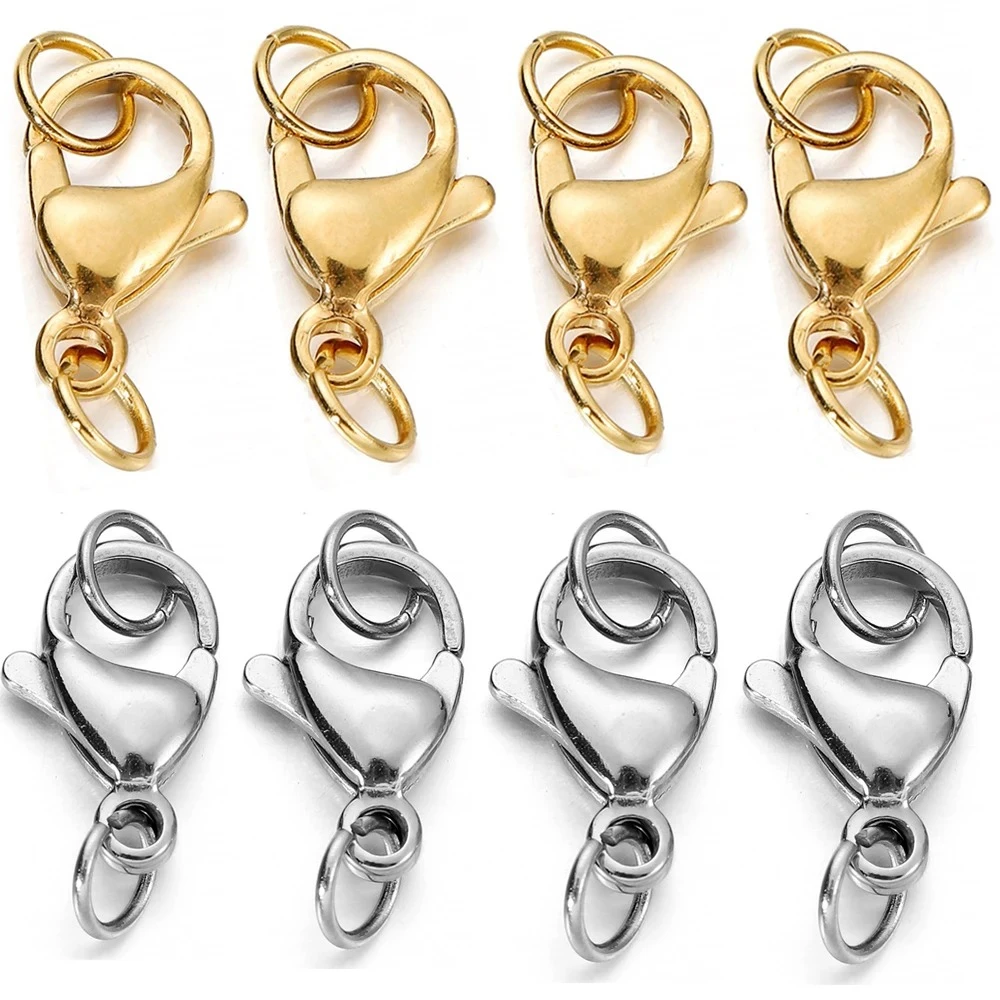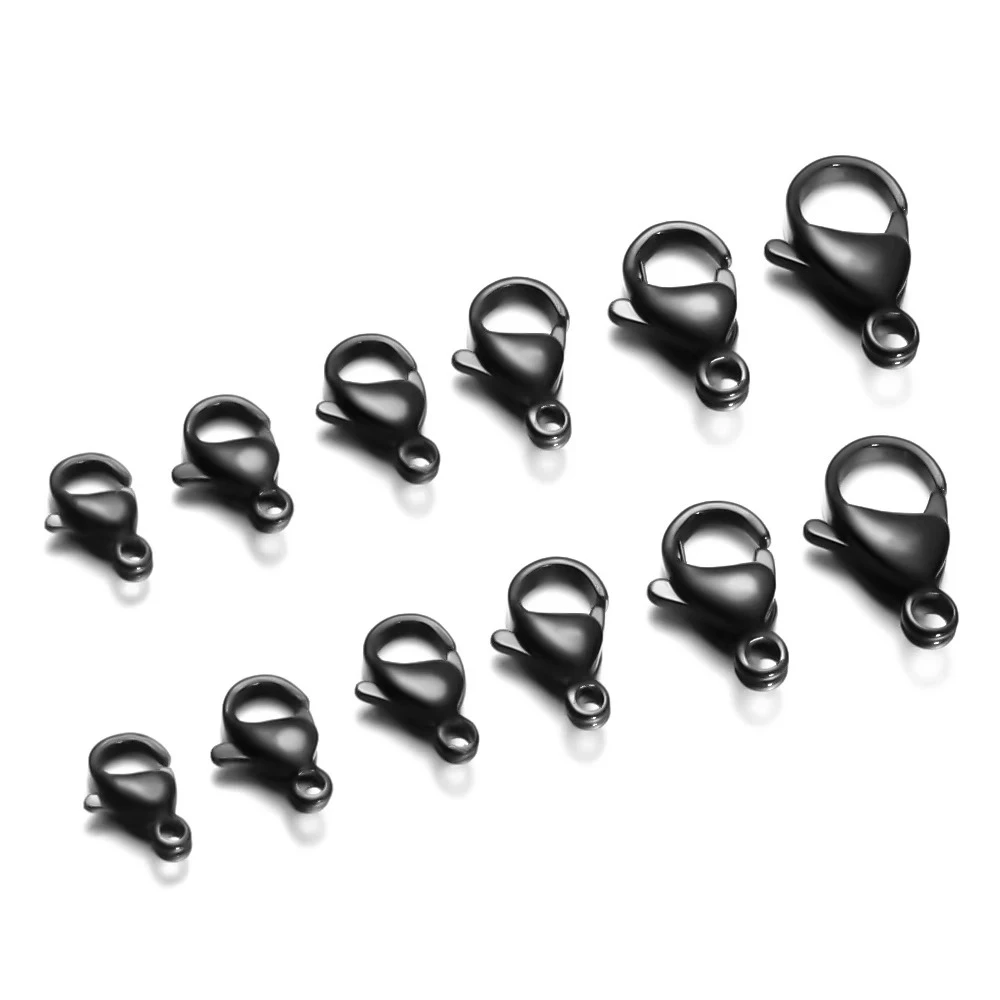Intelligent Constant Temperature Control Incubator Poultry Incubator 42egg Incubator Visual Development Monitoring Farm Supplies
Bullet Points:
1.Efficient Space Utilization: Accommodates as many as 42 chicken eggs, alongside duck, geese, or quail eggs, providing compatibility for different egg types with flexible sizing options
2.Stable Incubation Environment: By maintaining a stable incubation environment, this system boosts survival rates through real-time tracking and emulates natural maternal warmth for dependable egg hatching results
3.Safe Electrical System: Designed to enable safety, this avoids battery risks by running on direct household power with a single-power adaptation system, minimizing setup challenges and ensuring consistent performance throughout the egg hatching process
4.Dependable Progress Insights: Step-by-step candling identifies infertile eggs early, detecting irregularities and enabling clear observation of critical developmental milestones throughout incubation
5.Long-Lasting Performance: Crafted with high-strength materials, the incubator resists pressure and wear while maintaining its shape over time for dependable egg hatching performance
With intelligent temperature control, this incubator enables efficient support for poultry farming and home breeding needs. Designed for hatching chicken, ducks, geese, quail, and parrot eggs, it performs reliably in farms, labs, classrooms, and for school projects. Its ability to maintain stable conditions enables dependable results across different applications.
Specifications:
Name: Egg Incubator
Product size: about 43.5x32x15cm/17.13x12.6x5.91 inches
Material: ABS+electronic components
Function: hatching chicken eggs, duck eggs, quail eggs, geese eggs
Guide to egg candling:
First candling: chicken embryos are incubated for 5-6 days, duck embryos are incubated for seven days, and geese embryos are incubated for 8 days. The purpose is to observe the development of the embryos and pick out infertile eggs, dead embryos, and broken eggs. At this time, the embryos that develop normally have a distinct vascular network that is distributed radially, and the diffusion surfaces occupies 4/5 of the egg body. There is an obvious black dot when candling, commonly known as a "single bead"
Second candling: chicken embryos are incubated for more than 10 days, and duck embryos and geese embryos are incubated for more than 20 days
Packing List:
Water bag*1
Watering can*1
Insulation cotton*1
Heating pad*1
Incubator*1
Charging cable*1
Note:
Due to different lighting and screen settings, the item color may be slightly different from the picture.
Due to different manual measurements, please allow a 1-2cm difference in size.
Single-power models can only use household electricity, and cannot be connected to batteries

